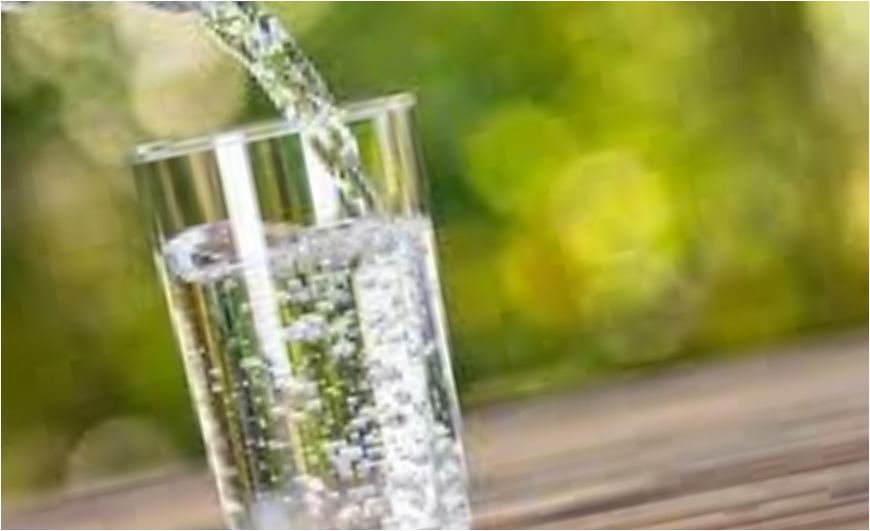
Maintaining proper hydration is crucial for boosting energy levels and combating fatigue. When your body is dehydrated, it can lead to a drop in blood volume and a decrease in the delivery of oxygen and nutrients to your cells, which can result in feelings of tiredness and lethargy. Here’s how staying hydrated can help boost your energy levels:
- Improved Blood Circulation: Being well-hydrated supports optimal blood circulation, allowing nutrients and oxygen to be efficiently transported to your body’s cells. This improved circulation helps provide your muscles and organs with the energy they need to function effectively.
- Enhanced Cognitive Function: Dehydration can impair cognitive function, leading to difficulties with focus, memory, and mental clarity. By staying hydrated, you can maintain better cognitive performance, which can contribute to feeling more alert and energized.
- Balanced Electrolytes: Adequate hydration helps maintain the balance of electrolytes in your body, such as sodium, potassium, and calcium. Electrolytes play a crucial role in nerve and muscle function, which can impact your overall energy levels and physical performance.
- Regulated Body Temperature: When you are dehydrated, your body may struggle to regulate its temperature, leading to increased fatigue. Staying hydrated helps your body manage its temperature more efficiently, supporting energy levels.
- Increased Cell Function: Proper hydration is essential for optimal cellular function. When your cells are hydrated, they can carry out metabolic processes more efficiently, including the production of energy.
- Physical Endurance: Being hydrated is particularly important during physical activities. Dehydration can decrease your exercise performance and make you feel more fatigued during workouts. Drinking enough water before, during, and after exercise helps maintain physical endurance and performance.
- Mood Improvement: Dehydration can also affect your mood, leading to feelings of irritability and low energy. Staying hydrated can help regulate your mood and reduce fatigue-related irritability.
To stay adequately hydrated and maintain your energy levels, consider the following tips:
- Drink Water Throughout the Day: Sip water regularly throughout the day rather than waiting until you feel thirsty.
- Monitor Urine Color: Check the color of your urine; if it’s pale yellow or straw-colored, it indicates good hydration.
- Limit Caffeine and Alcohol: Both caffeine and alcohol can contribute to dehydration. If you consume these beverages, balance them with water intake.
- Hydrate Before Exercise: Drink water before physical activity, and consider drinking during prolonged or intense exercise sessions.
- Include Hydrating Foods: Consume fruits and vegetables with high water content, such as watermelon, cucumber, oranges, and celery.
Remember, individual hydration needs can vary based on factors like age, activity level, climate, and overall health. Listen to your body’s thirst signals and make a habit of staying hydrated to maintain optimal energy levels and overall well-being.
